WELCOME TO WISCONSIN UTILITY INVESTORS |
The Latest Legislative Issues
James Buchen, Executive Director | November 2024
Wisconsin Legislative Review |
The recent election produced dramatic change in the Wisconsin Legislature. The new district maps triggered by a recent Supreme Court decision resulted in a significant shift in favor of Democratic candidates. As a consequence, Republican majorities narrowed and now stand at 18 to 15 in the Senate and 54 to 45 in the Assembly. In addition, nearly 1/3 of the Assembly turned over. Tight margins and new faces are likely to impact both the legislative process and policy outcomes next session. The last legislative session was relatively active on energy and utility issues with more than a dozen bills being introduced in each house in addition to numerous budget provisions relating to the industry. In all, six energy/utility bills passed both houses and the Governor vetoed one of them. At least two of the key pieces of legislation that didn’t pass are likely to be reintroduced in the next session which begins in January. The first of these bills would have authorized the establishment of community solar programs under which retail customers of an investor-owned utility may subscribe and receive credits against their electric bills for electricity produced by the community solar facility. Investor-owned utilities would be required to connect with, and distribute, the electricity generated by the community solar facilities. They would also be required to administer the bill credit system and purchase any unsubscribed bill credits at wholesale rates. WUI opposed this legislation because it would shift costs to non-subscribing customers, produce electricity at a higher cost than utility scale solar, and allow these entities to operate outside of normal utility regulation including consumer protections. The bill failed to pass when the session ended. The second of these bills would have authorized a right of first refusal to incumbent transmission line companies to build new transmission lines. Without this legislation transmission line projects would be governed by a new Federal regulatory framework that calls for competitive bidding for any new transmission line projects and puts MISO in charge of the approval process. WUI supported this legislation because keeping the construction and operation of Wisconsin’s transmission lines in the hands of Wisconsin utilities will keep costs down and avoid the inefficiencies that would result from the grid becoming a patchwork of transmission line operators. It also keeps the regulatory and approval process in the hands of the Wisconsin PSC. Unfortunately, this bill also failed to pass when the session ended. The right of first refusal bill is expected to be reintroduced early next session and WUI will be working to develop bipartisan support in the legislature. Wisconsin utility investors benefit from keeping the ownership of our state’s transmission assets in the hands of Wisconsin utilities rather than turning them over to out of state investors.
|

